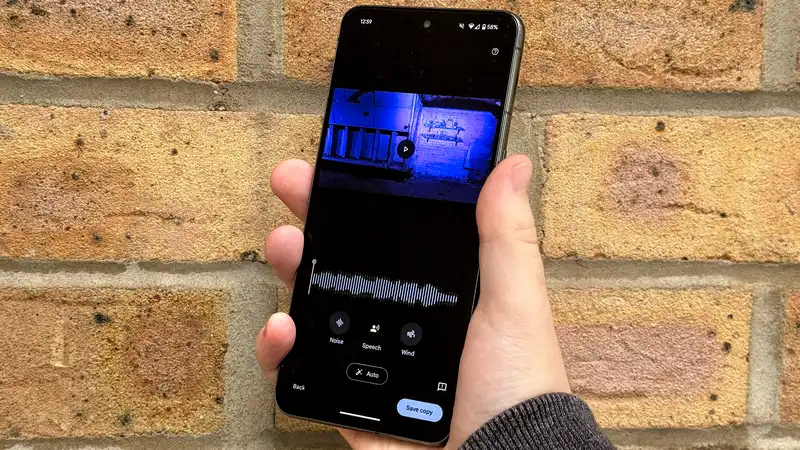As the year draws to a close, Spotify should be ending the year on a high note, but instead it is embroiled in controversy.
After a hectic and controversial Spotify Wrapped season, Spotify is now being accused of filling its playlists and recommendations with fake artists and cheap, generic music in a new report in Harper's magazine.
According to the report, a program called Perfect Fit Content (PFC) is stuffing playlists for some genres with cheaply made songs.
Harper's report is detailed and worth a read, but the gist of what is happening on Spotify is as follows. Simply put, Spotify is said to be buying songs from production companies that essentially create copy-cat songs. The songs are made to sound like other artists' songs, which is like pennies on the dollar for Spotify. From there, Spotify employees are said to be pushing these boring songs into playlists at the expense of other real artists.
For Spotify, the music is available at a lower cost because they only pay a flat fee, minus royalties paid by production companies to musicians. For music fans, it “raises worrisome issues for all of us who listen to music.”
Spotify reportedly denies these claims according to Harper's, and Tom's Guide is seeking further comment.
So far, the playlists and recommendations filled with muzak and fake artists are from genres considered “background music.” For example, genres such as chillbeat and lo-fi house.
Since such music is generally intended to fill a space, it is assumed that most people will not notice much about who the artists are who are making the chill beats. Instead, the music being pushed out there is intended to make the playlist more profitable for Spotify by pushing down the real artists so that Spotify pays less. as Harper's says, songs that people don't pay attention that people aren't paying attention to.
The genres Spotify is considering doing this in range from jazz and classical to ambient and electronica; Spotify already has a ton of artists making this kind of music. If Spotify actually pushes them down, it could ruin the careers of the people making that music and potentially decimate those genres.
As Liz Perry writes in Harper's, “Spotify has long marketed itself as the ultimate platform for discovery. Artists have sold the idea that streaming is the ultimate meritocracy. But the PFC program has undermined all of this.
Nevertheless, according to Perry, many of Spotify's editors were opposed to the process.
Like most tech companies this year, Spotify is leaning toward artificial intelligence, with AI DJs, AI-built playlists, and in November, a partnership with Google Gemini to integrate AI into Spotify's algorithms.
As Harper's points out, some of the production companies Spotify works with already have plans to allow writers to use AI tools to generate songs.
One editor said, “It's definitely something AI can do right now, but it's kind of scary.”
Spotify CEO Daniel Ek has previously said that AI-generated content “will be culturally amazing” in 2023, before making noises about an important piece of the puzzle: increased revenue.










Comments